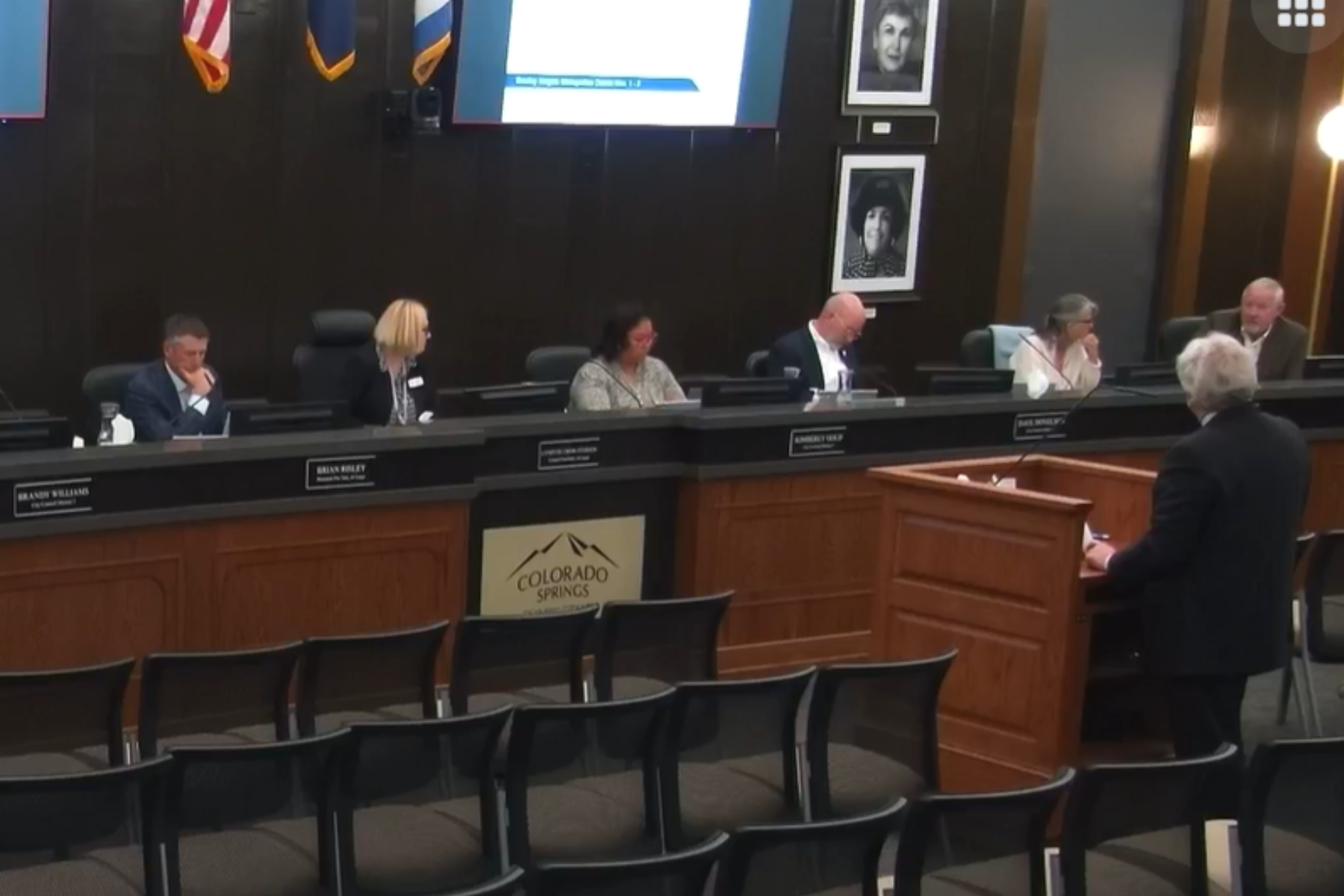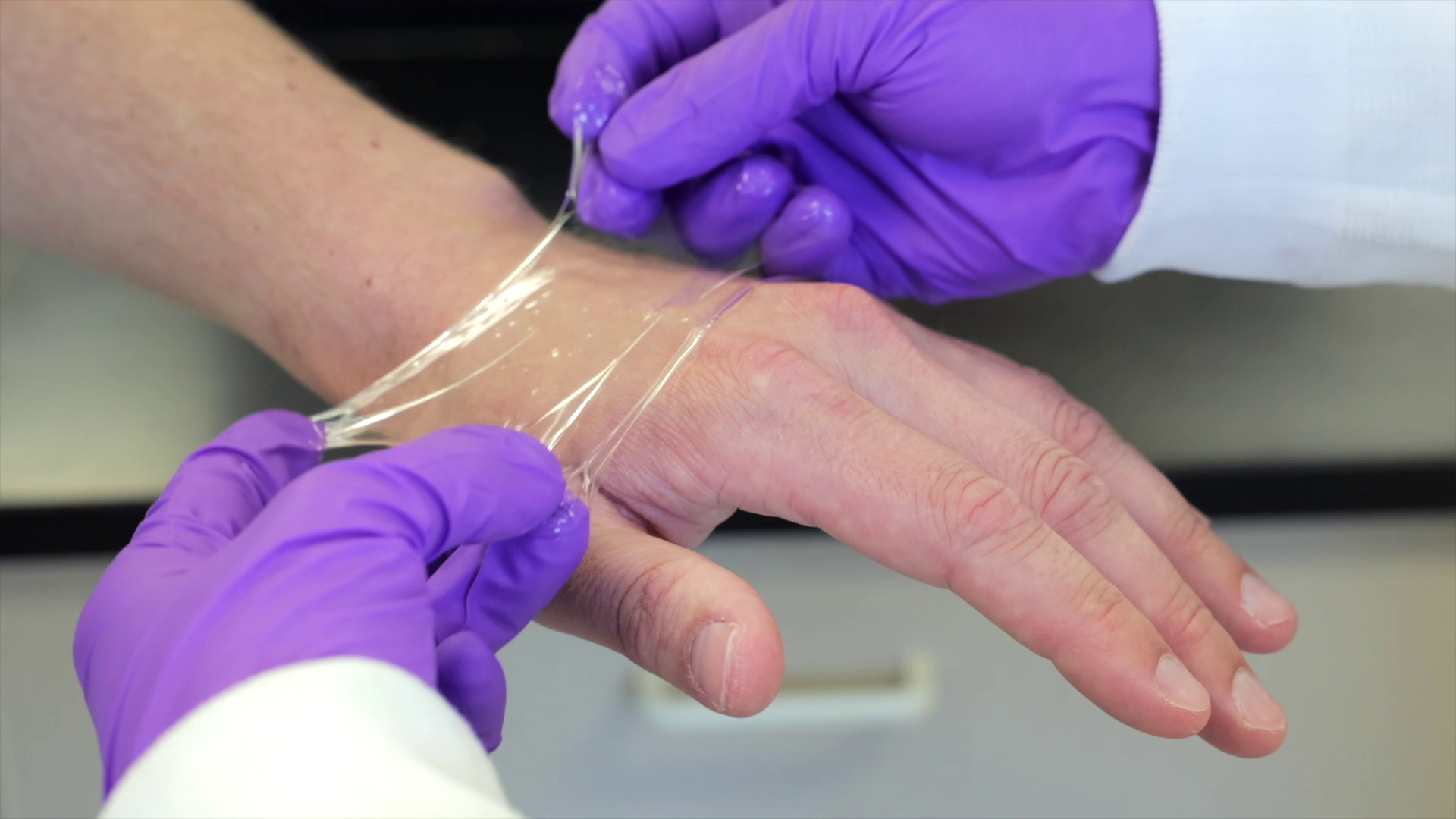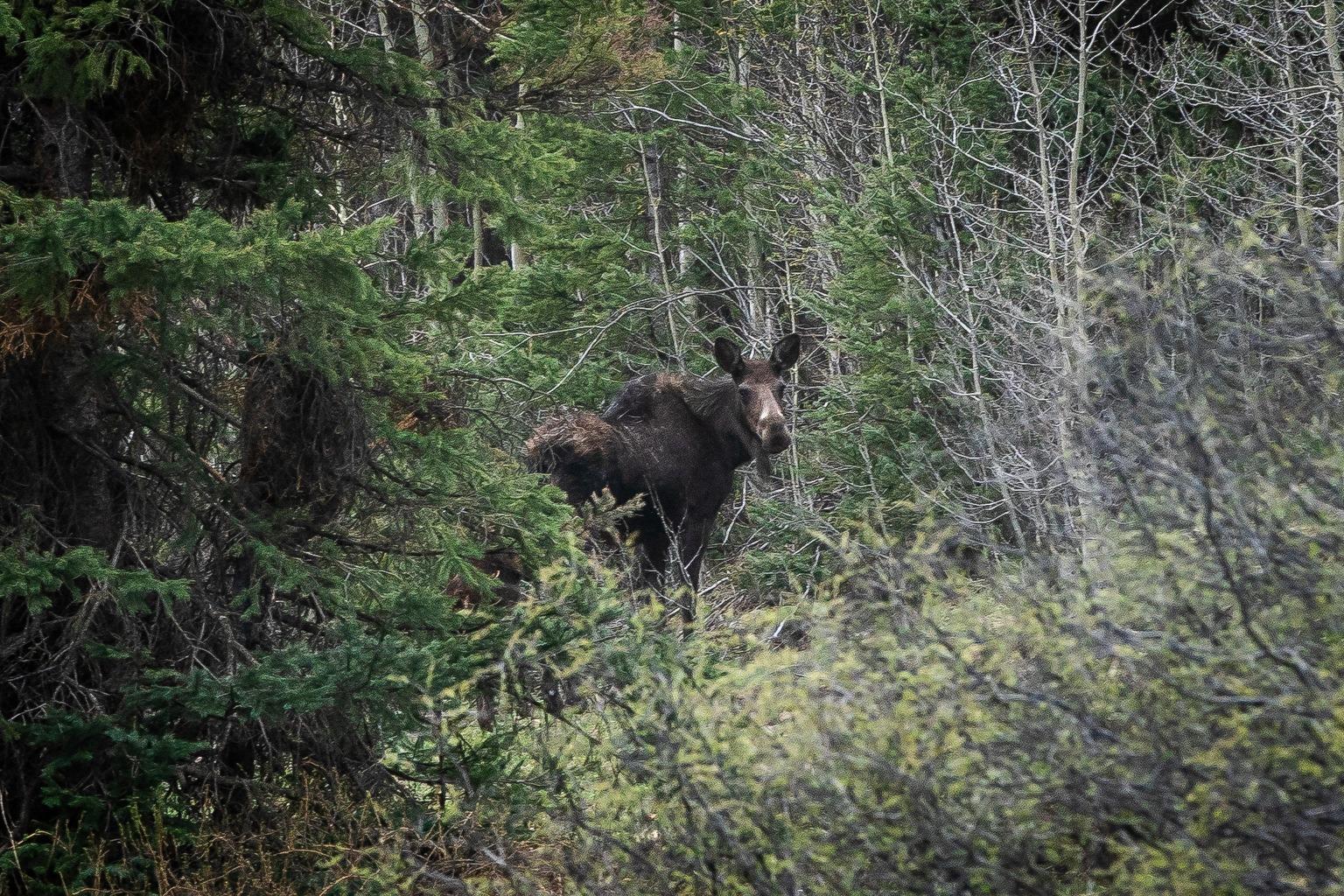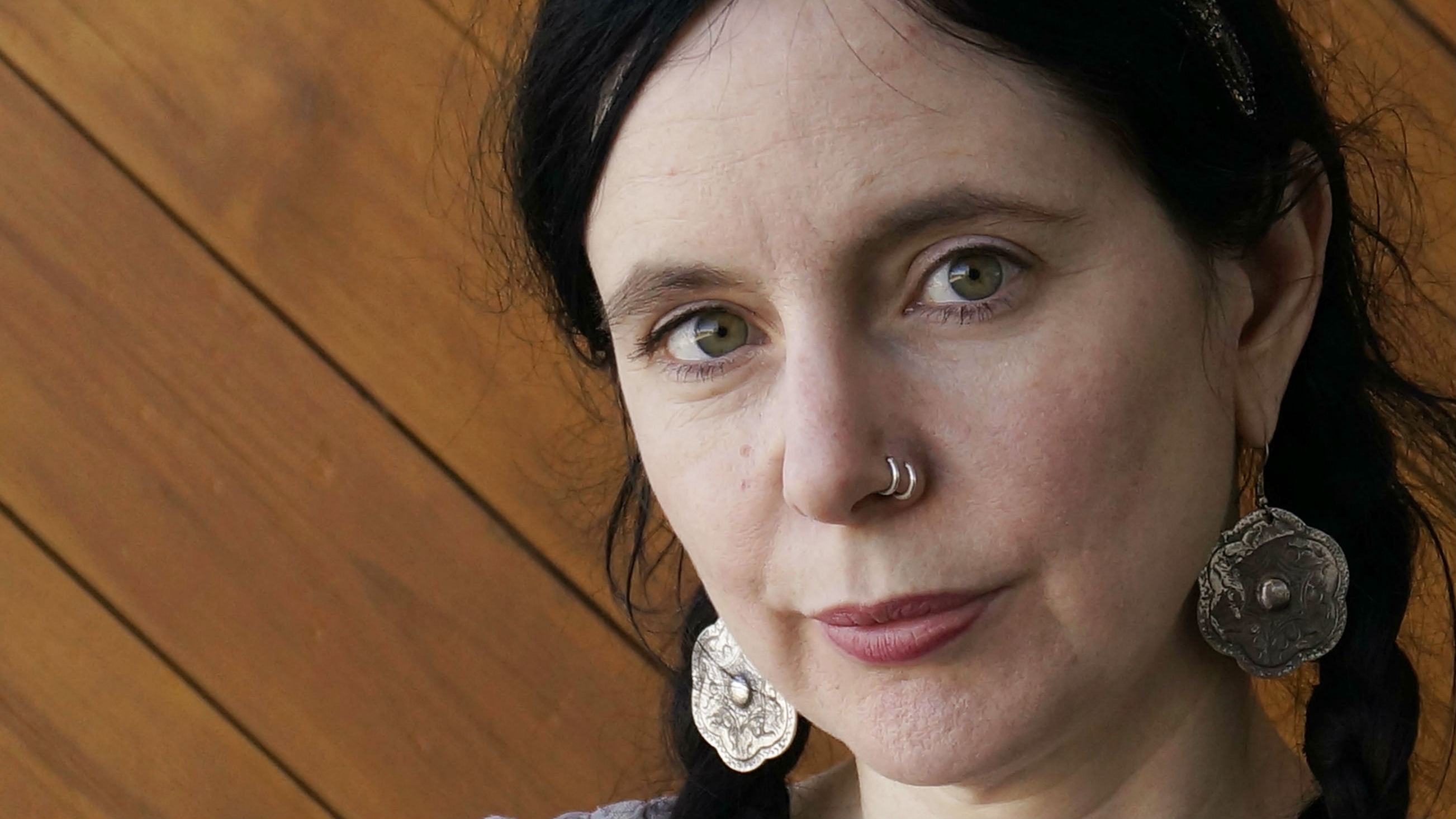
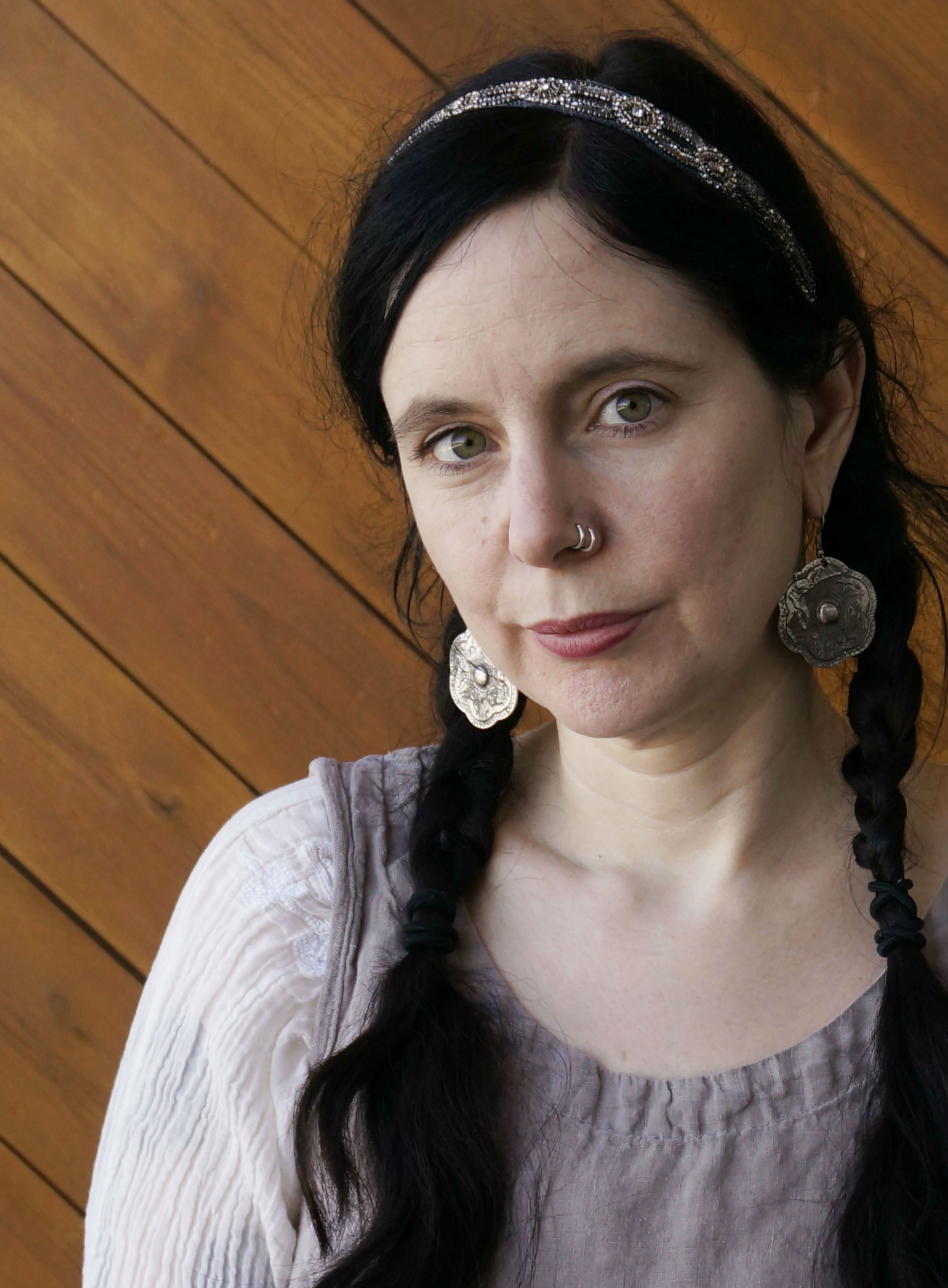
Schizophrenia plays a major role in the unraveling of the Johnsons, the fictional family at the center of the book "Fig." It's Boulder writer Sarah Elizabeth Schantz's first novel.
The story unfolds through the eyes of Fiona Johnson, known to her family as Fig. Schantz writes the entire novel as a chronological series of journal entries, starting in 1982 when Fig is 6. The young girl wants to save her mother from schizophrenia, but protecting her mom takes Fig to dark places.
"Fig" recently won a Colorado Book Award in the young adult fiction category.
Schantz spoke with Colorado Matters host Andrea Dukakis.
Related:
- Award-Winning Story Reflects Writer's Youth In Denver
- Colorado Author's "Fat Girl" Takes On A Touchy Subject
Read an excerpt:
CHAPTER ONE 1. “Clock” is derived from the word “bell.” Wearing bells can protect a person from fairies—and from falling into a fairyland where time does not operate as it should. Because I’m only six, I’m not allowed to go into the woods alone—nowhere near the farmer’s ditch, and most especially nowhere near the Silver River. Daddy worries I will drown, and Mama worries about everything. I’m getting better at sneaking out. I crawl my way from the house to the orchard, and then I run from tree to tree, hiding behind each one until my arms become the branches. And I can be a rabbit too—I can be the runaway bunny. The Johnsongrass is tall in the space between the orchard and the ditch and hides me the rest of the way. Once I’m by the water, the tall cottonwoods and thick raspberry form walls to separate the worlds, and I can’t be seen from the house or the yard. Mama is helping Daddy pack. I had tried to help but she got mad. “Fig,” she said. “Leave us alone!” Then Daddy smiled at me and ruffled my hair with his big fingers. He looked at me with eyes that said, Sorry. “Go and play,” he said, and his voice was soft, and the soft melted Mama. The angry red drained from her face and she was almost normal again. Mama is always pretty, but without the red I could see the soft splatter of pale freckles around her nose. Daddy touched her arm and said her name in a quiet way. He said, “Annie,” like he was reminding her of something she’d forgotten, and then she turned and smiled at me too. And with her voice, she said, “Sorry.” “I didn’t mean to snap,” she said. “I just need to talk to your father.” Then she kissed me on my forehead—the special place between my eyes. The place Mama calls my third eye. “Everyone has them,” she always says, “but not everyone knows how to use them. The third eye is a magic eye because it can see all the other worlds.” Mama is referring to fairyland. She isn’t talking about the world outside Kansas or even just beyond Douglas County, where we live on a farm. The closest town is Eudora, and Eudora, Kansas, is what it says on all our mail, and Eudora is where I go to school and will continue to go until I graduate from high school. Eudora has a feed and seed, a hardware store, a pharmacy, a post office, a newspaper, a diner, a one-room library, a morgue, and a handful of churches scattered here and there, including the Sacred Heart of Mary, where my grandmother goes even though she lives in Lawrence now. Sacred Heart is more than a church; it’s a private school as well. It covers all fourteen grades in one building, while the public school system has Douglas Elementary, Keller Junior, and Carter High. There is talk about closing down the high school and busing all the teenagers to another high school in another town in another county, but it hasn’t happened yet. Mama doesn’t care for the Eudora Library. “All they stock is romance novels and car manuals,” she says, and takes me to the public library in Lawrence instead. And sometimes we go to Topeka, but mostly we don’t go anywhere. I stay within a triangle of highways and interstate. I stay inside the square acreage of the farm. I stay at home. I visit the farmer’s ditch when Mama takes her bath or does her yoga. This is where I bring all the meat I won’t eat. This is my secret. I don’t like the idea of eating something dead. Stepping onto the bridge, I become a tightrope walker. The farmer’s ditch runs away from the Silver River, where my uncle likes to fish. And the Silver River marks the end of our land to the south. Everything on the other side of the river belongs to the McAlisters. While I dare the dangers of the ditch, I would never go to Silver by myself, and I am always careful about getting back to the house before the sun goes down—before anyone knows I am missing. With arms outstretched like a tightrope walker, I walk across the board, but I only go far enough to toss the meat onto the other side before turning around. Returning to my side, I crouch behind the old log and wait for the dog to come and eat the scraps. Mama hates dogs. “It’s a phobia,” she has said many times. Then she showed me the word in the dictionary, and I learned that ph makes the same sound as an f. Mama was bit by her uncle’s dog when she was little. The dog was named Sticker, and he bit her on Easter. Everyone was sitting at the table getting ready to eat, but first they had to close their eyes and pray. “I never did like to pray,” Mama said, and this is when she slid out of her seat to sit under the table, where Sticker was curled into a ball of sleeping fur and hidden teeth. My uncle Billy says, “Always let a sleeping dog lay.” But Mama did not let Sticker lie. She scratched behind his ears, and Sticker whirled around and bit her on the face. “When I opened my eyes,” she said, “I could see his throat.” She was taken to the emergency room and stitched back together. This scar hides behind her eyebrow and is nothing compared with her other scar—the one that came later. When the dog comes, I think about petting her, but I don’t. I stay behind the log, watching her watch me. We both practice being still. This makes her feel safe enough to come and sniff the pork chops or the drumsticks or whatever meat I’ve brought to her. Today, I brought a link of sausage. She never stops watching me, one eye dark and the other a cloudy blue. Because she watches me like this, I feel like I’m the one she’s actually eating. And this is not the first time I’ve ever felt like a piece of meat. She never barks or howls or growls. She sniffs the air, and sometimes the sniffing makes her lips curl back into a smile that isn’t really a smile. Her gums are a wet blue-black, and there are spots on her tongue. I think she has a family, because she carries the bones away. At first, she is slow—she moves like she is only stretching—but then she runs. Once she is running, her feet don’t even touch the ground. During the day, I try to run like this. I try to run away, but my knees get in the way because they don’t bend right. And sometimes I catch Mama watching me. Her worry comes pouring out of her body like something spilling. It drips off her clothes, and her worry is the color of shadows, and it moves like water. From the porch, it seeps into the steps—pouring out into the grass where I am trying to run like a dog. Her worry comes for me. From FIG by Sarah Elizabeth Schantz. Copyright © 2015 by Sarah Elizabeth Schantz. Reprinted by permission of Margaret K. McElderry Books, an imprint of Simon & Schuster Children's Publishing Division. |

